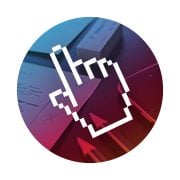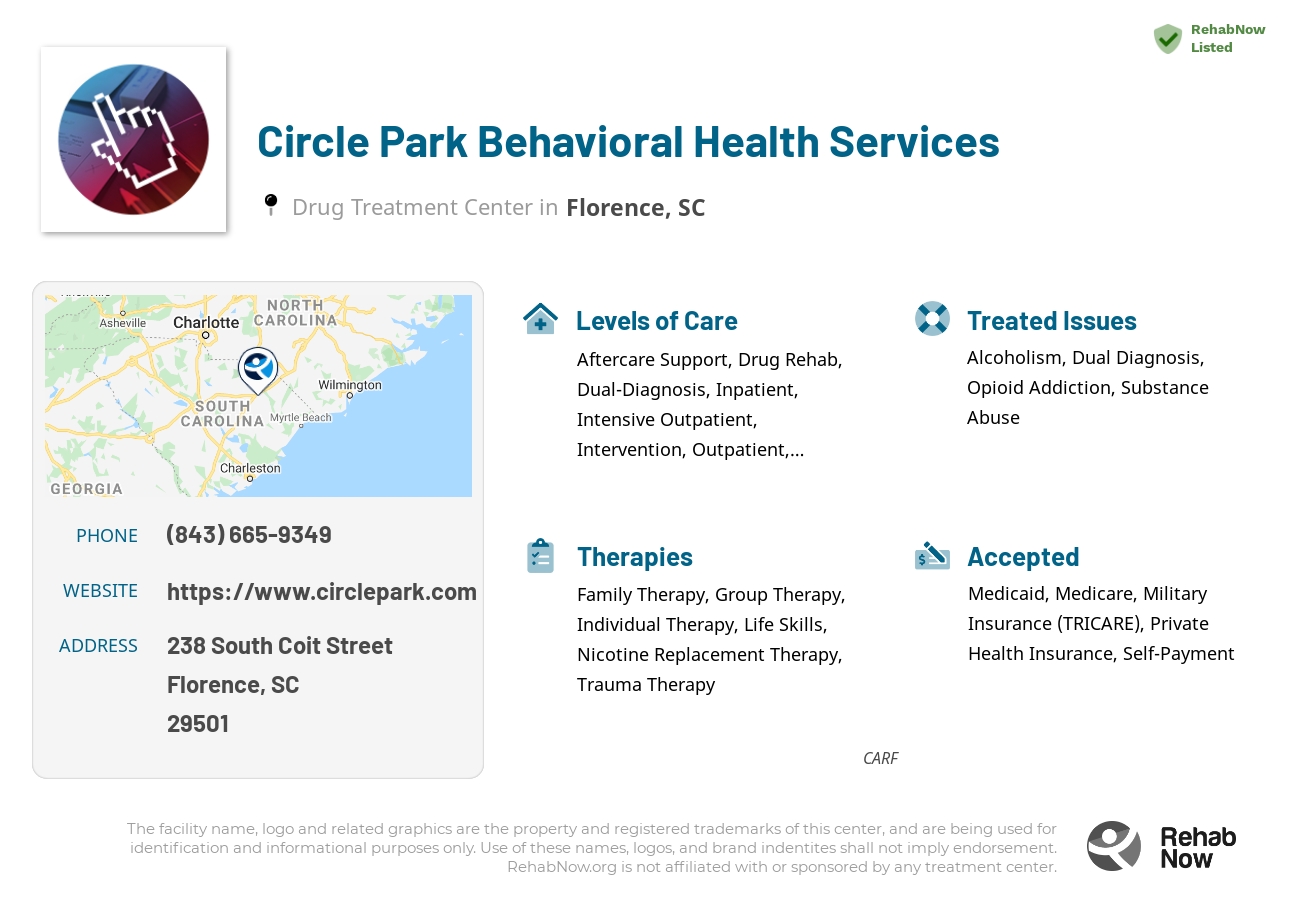Circle Park Behavioral Health Services
Drug Rehab Center in Florence, South Carolina
Circle Park Behavioral Health Services in Florence, South Carolina provides quality, client-centered care for adults struggling with addiction and substance abuse through evidence-based therapies, individualized assessment and treatment planning, and trauma-informed care.
About Circle Park Behavioral Health Services in South Carolina
Circle Park Behavioral Health Services is a leading provider of substance abuse and behavioral healthcare services in Florence, South Carolina. Their mission is to provide quality, client-centered care in an atmosphere of compassion, respect and understanding. The inpatient addiction treatment center offers medically monitored detoxification, residential programming, and intensive outpatient programs for adults. This comprehensive approach to treatment ensures that clients receive the highest quality of care to ensure a successful recovery journey.
Circle Park Behavioral Health Services provides a range of services for adults struggling with addiction and substance abuse. These services include evidence-based therapies such as Cognitive Behavioral Therapy, Group Therapy, and 12-step programs. A dedicated team of qualified professionals are available to provide individualized assessment and treatment planning to address each client’s unique needs and goals. They also offer a variety of activities to help individuals focus on their recovery and build a strong support system.
Circle Park Behavioral Health Services is accredited by The Joint Commission and licensed by the State of South Carolina. They have also been awarded the South Carolina Hospital Association’s (SCHA) 2016 Excellence in Mental Health Award, which recognizes excellence in care and commitment to providing high quality treatment to patients. In addition, their staff is trained in trauma-informed care, which ensures the safest, most effective approach to treating individuals who have experienced trauma in the past.
Genders
Ages
Modality
Additional
Accreditations

CARF
The Commission on Accreditation of Rehabilitation Facilities (CARF) is a non-profit organization that specifically accredits rehab organizations. Founded in 1966, CARF's, mission is to help service providers like rehab facilities maintain high standards of care.
Conditions and Issues Treated
Many people need to recover from substance abuse to live a healthy life. In the end, if you can get through all the steps: detoxifying your body, rehabilitation after some time or when needed (depending on the type), and recovery while also receiving therapy support throughout the process, it can be worth it.
A detoxification center is a common place to start the recovery process from substance abuse. With your body and mind restored, you can continue to heal without the lingering effects of drugs.
Many people who struggle with opioid addiction need to attend specific programs like methadone , Suboxone or Vivitrol clinics.
These types of programs will provide the patient with legal, prescription medications that can help them overcome their cravings for illegal opioids like heroin or fentanyl . If the patient has a chronic condition like Hepatitis C, they must undergo treatment before they can begin taking these medications.
Dual Diagnosis is a specific relationship between two or more disorders that have the same symptoms and can sometimes be treated together. This is used in the treatment planning process when dealing with drug addicts. Dual diagnosis can be viewed as a chronic medical condition that has comorbid psychiatric disorders.
Although addiction and a mental illness may have separate symptoms that are not easy to detect, they often go hand in hand. Many times, drug abuse is a direct result of the mental illness. In other words, treating the addiction will not resolve all of your issues. Unless you also treat the underlying mental illness, you will not be successful in achieving sobriety.
Levels of Care Offered
This center offers a variety of custom treatment tailored to individual recovery. Currently available are Aftercare Support, Drug Rehab, Dual-Diagnosis, Inpatient, Intensive Outpatient, Intervention, Outpatient, Residential, with additional therapies available as listed below.
Inpatient treatment is an intensive program that takes place when a patient checks into a rehabilitation facility. The treatment includes detoxification and counseling sessions, which are round the clock. Outpatient treatments are also available, but inpatient care is advised as the first step of rehabilitation.
Intensive rehab ensures the patient stays in a substance-free atmosphere, improving treatment success rates. The patient participates in group therapy for motivation from other patients who have overcome addiction. Family members are also involved in providing emotional support throughout the program.
An intensive outpatient program is usually the first phase of addiction treatment. It provides relief for those who are addicted, but are not ready to commit to an inpatient setting. Typically, the patient lives at home and is able to work or go to school. IOPs consist of a daily 3 to 5-hour program, and there is a required number of hours per week. Most patients go to IOP between 20 and 40 hours per week. The patient attends group counseling and individual therapy throughout the duration of treatment. They also meet daily with their therapist to discuss how it’s going and where they are in the recovery process.
The goal here is to teach patients healthy coping skills, such as stress management and identifying thoughts and behaviors that lead to relapse. The implementation of these skills will be useful as the individual transitions into the next phases of treatment.
An outpatient treatment program is set up to help with alcohol or drug addiction, or a co-occurring disorder. The patient must attend the South Carolina facility for their therapy and other programs but are able to return home each night. The frequency of mandatory attendance decreases after much of Circle Park Behavioral Health Services‘s program is complete.
Residential treatment programs are those that offer housing and meals in addition to substance abuse treatment. Rehab facilities that offer residential treatment allow patients to focus solely on recovery, in an environment totally separate from their lives. Some rehab centers specialize in short-term residential treatment (a few days to a week or two), while others solely provide treatment on a long-term basis (several weeks to months). Some offer both, and tailor treatment to the patient’s individual requirements.
Intervention services can be beneficial for people who have not been able to overcome drug and alcohol addiction on their own. It is recommended for individuals whose addiction has led to dangerous or life-threatening circumstances.
Intervention services are beneficial for:
- People who have relapsed after completing other forms of addiction treatment.
- People with drug addictions that have led to dangerous health conditions, such as HIV.
- People who are at risk of losing their family, home, or job due to addiction.
- People who are having difficulty overcoming drug and alcohol addiction on their own.
- An intervention can be conducted by professionals, or by loved ones of an addict. If the person being intervened on agrees to enter addiction treatment after the intervention, the next step would be to choose a treatment program.
If they do not agree to enter addiction treatment after the intervention, loved ones may choose to go back to the drawing board and try another form of treatment. They may also choose to not receive any further treatment, but there are usually other factors in play that may make it difficult for people to stop using drugs or alcohol.
Aftercare is a term that’s used to refer to any sort of continuing care offered for a drug addict who has voluntarily entered a rehabilitation program. This type of care can be provided in several settings, including outpatient therapy sessions after the addict has completed an inpatient program. There are also 12-step support groups, such as Alcoholics Anonymous, which can provide additional help for addicts trying to stay sober.
Therapies & Programs
Individual Therapy is a critical component of addiction recovery. Therapists work with patients to identify the root of their addiction and figure out how to better handle the issues that led to them using drugs. Individual Therapy is the one-on-one session where people meet with their therapist. Individual therapy provides a safe space for people to open up and discuss personal and sensitive topics which they may not feel comfortable discussing in a group setting.
Family therapy will also help families realize that the addiction is not their fault. For many years, people blamed themselves for an addict’s behavior and felt that they had done something wrong. This is not the case. Addiction is a disease, and it can strike anyone, even if their life seems fine from the outside. It can bring a lot of shame to a family when they have an addict in their midst, but if everyone is open and honest with each other, then they can help everyone stay in recovery.
Group Therapy is utilized by drug treatment centers like Circle Park Behavioral Health Services to provide the recovering drug addict with a platform to talk about their feelings and experiences. It also provides for an opportunity to learn from other addicts who have successfully overcome their addiction.
Group Therapy is employed in lectures, seminars, or discussion groups (the latter two are typically conducted as “therapy groups”). It is recommended that all group members be recovering addicts for this type of therapy to work (though it does not exclude others with lived experience).
Trauma therapy is a clinical process that helps individuals deal with mental stress often caused by traumatic events. It is generally done for children, teenage victims of sexual assault, and war veterans. The therapist helps the person identify, understand and work through the problem. This is done with the help of talking about it in group or one-on-one counseling sessions. Therapists use relaxation, role-playing, art, and music to help the person open up about what is bothering them.
Training in improved life skills helps those recovering from addiction feel more capable of self-care. Circle Park Behavioral Health Services are daily skills that give the person the tools they need to survive.
The therapy covers practical activities like cooking, job hunting, social interaction, and money management, helping to fill in the knowledge gaps caused by addiction.
These life skills help the person self-manage their recovery and stay on track. It also reduces relapse risk as they gain confidence in their day-to-day abilities.
Payment Options Accepted
For specific insurance or payment methods please contact us.
Is your insurance accepted?
Ask an expert, call (888) 674-0062
Circle Park Associated Centers
Discover treatment facilities under the same provider.
Learn More About Circle Park Centers
Additional Details
Specifics, location, and helpful extra information.
Florence, South Carolina 29501 Phone Number(843) 665-9349 Meta DetailsUpdated November 25, 2023
Staff Verified
Circle Park Behavioral Health Services Patient Reviews
There are no reviews yet. Be the first one to write one.
Florence, South Carolina Addiction Information
More than 610,000 of South Carolina residents, or a staggering 11.9% of the state population, uses illicit drugs and another 230,000 residents abuse alcohol every year. A majority of the illegal drugs used and abused are opioids. Marijuana use and underage drinking occur amongst the young residents of this state–though at a lower rate compared to the national average.
The drug addiction problem in Florence, South Carolina, is relatively bad. According to recent statistics, around 9% of the population in Florence, SC, abuse drugs, which is relatively high compared to the rest of the country. Some of the most commonly abused drugs in Florence, SC, include marijuana, cocaine, methamphetamine, and opioids. Florence, SC, drug rehab facilities can help individuals recover from addiction and get their lives back on track.
Treatment in Nearby Cities
- Santee, SC (64.6 mi.)
- Spartanburg, SC (133.7 mi.)
- Greer, SC (149.1 mi.)
- North Myrtle Beach, SC (67.8 mi.)
- Greenwood, SC (136.8 mi.)
Centers near Circle Park Behavioral Health Services
The facility name, logo and brand are the property and registered trademarks of Circle Park Behavioral Health Services, and are being used for identification and informational purposes only. Use of these names, logos and brands shall not imply endorsement. RehabNow.org is not affiliated with or sponsored by Circle Park Behavioral Health Services.











